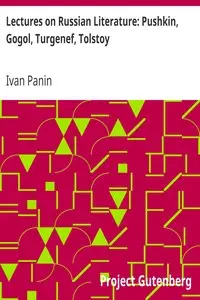"Who Can Be Happy and Free in Russia?" by Nikolai Alekseevich Nekrasov is a sprawling poem from the 1800s that follows Russian peasants as they wrestle with big questions about happiness and freedom while living tough lives. The story centers on a group of peasants who share their complaints and beliefs as they try to figure out who, if anyone, can really be happy and free in Russia. It kicks off with seven peasants meeting on a lonely road, arguing about who might be happy, throwing out ideas like the Tsar or people from different social groups. As they search for answers, they also drink and celebrate highlighting how their lives can be full of struggle while also trying to finding meaning. The poem starts with a thoughtful vibe, looking at the differences between wanting to be happy and the hard truths of peasant life, suggesting bigger ideas about social issues and the strength of people.
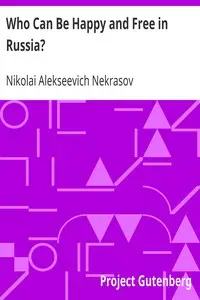
Who Can Be Happy and Free in Russia?
By Nikolai Alekseevich Nekrasov
On a journey to discover true happiness, a group of Russian peasants encounter the grim realities of inequality, sparking a profound exploration of freedom's meaning.
Summary
About the AuthorNikolay Alexeyevich Nekrasov was a Russian poet, writer, critic and publisher, whose deeply compassionate poems about the Russian peasantry made him a hero of liberal and radical circles in the Russian intelligentsia of the mid-nineteenth century, particularly as represented by Vissarion Belinsky and Nikolay Chernyshevsky. He is credited with introducing into Russian poetry ternary meters and the technique of dramatic monologue. As the editor of several literary journals, notably Sovremennik, Nekrasov was also singularly successful and influential.
Nikolay Alexeyevich Nekrasov was a Russian poet, writer, critic and publisher, whose deeply compassionate poems about the Russian peasantry made him a hero of liberal and radical circles in the Russian intelligentsia of the mid-nineteenth century, particularly as represented by Vissarion Belinsky and Nikolay Chernyshevsky. He is credited with introducing into Russian poetry ternary meters and the technique of dramatic monologue. As the editor of several literary journals, notably Sovremennik, Nekrasov was also singularly successful and influential.

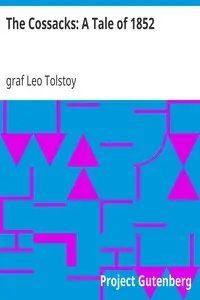
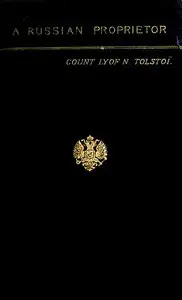
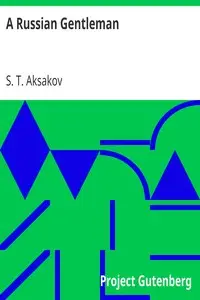
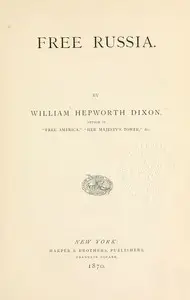
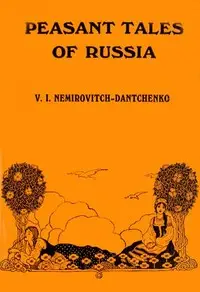
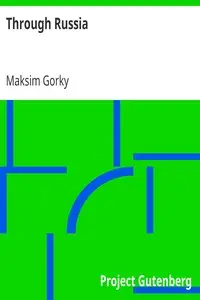
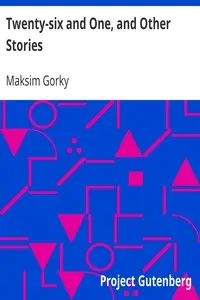

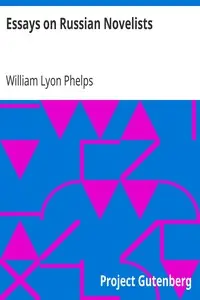
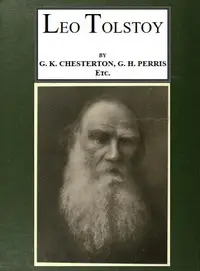
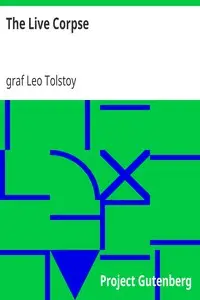
![Home Life in Russia, Volumes 1 and 2
[Dead Souls] by Nikolai Vasilevich Gogol](https://cdn.a2-host.cloud/gZa8x6-Vx9ZWOKDxqwXXaqCLLAHPZ8NK0cvYk_35bHM/rs:fill:215:325:0/g:ce/aHR0cHM6Ly9zcC1hc3NldHMuczMudXMtd2VzdC0wMDQuYmFja2JsYXplYjIuY29tL2Jvb2svNTgwNzAvSG9tZV9MaWZlX2luX1J1c3NpYV9Wb2x1bWVzXzFfYW5kXzJfRGVhZF9Tb3Vsc19jb3Zlci5qcGc.webp)
